Understanding the Integral Test for Series Convergence
The Integral Test is a powerful method for determining the convergence or divergence of an infinite series. It compares the series to an improper integral of a related function. For a series \(\sum a_n\), if \(f(x)\) is a continuous, positive, decreasing function where \(a_n = f(n)\), the convergence of the integral \(\ \int_1^\infty f(x) \, dx \) determines the behavior of the series. If the integral converges, so does the series; if the integral diverges, the series diverges as well. This test is particularly useful when the terms of the series resemble a simple function.
[include_netrun_products_block from-products="product/6-south-carolina-sc-ready-grade-3-math-practice-tests/" product-list-class="bundle-products float-left" product-item-class="float-left" product-item-image-container-class="p-0 float-left" product-item-image-container-size="col-2" product-item-image-container-custom-style="" product-item-container-size="" product-item-add-to-cart-class="btn-accent btn-purchase-ajax" product-item-button-custom-url="{{url}}/?ajax-add-to-cart={{id}}" product-item-button-custom-url-if-not-salable="{{productUrl}} product-item-container-class="" product-item-element-order="image,title,purchase,price" product-item-title-size="" product-item-title-wrapper-size="col-10" product-item-title-tag="h3" product-item-title-class="mt-0" product-item-title-wrapper-class="float-left pr-0" product-item-price-size="" product-item-purchase-size="" product-item-purchase-wrapper-size="" product-item-price-wrapper-class="pr-0 float-left" product-item-price-wrapper-size="col-10" product-item-read-more-text="" product-item-add-to-cart-text="" product-item-add-to-cart-custom-attribute="title='Purchase this book with single click'" product-item-thumbnail-size="290-380" show-details="false" show-excerpt="false" paginate="false" lazy-load="true"] [include_netrun_products_block from-products="product/6-south-carolina-sc-ready-grade-3-math-practice-tests/" product-list-class="bundle-products float-left" product-item-class="float-left" product-item-image-container-class="p-0 float-left" product-item-image-container-size="col-2" product-item-image-container-custom-style="" product-item-container-size="" product-item-add-to-cart-class="btn-accent btn-purchase-ajax" product-item-button-custom-url="{{url}}/?ajax-add-to-cart={{id}}" product-item-button-custom-url-if-not-salable="{{productUrl}} product-item-container-class="" product-item-element-order="image,title,purchase,price" product-item-title-size="" product-item-title-wrapper-size="col-10" product-item-title-tag="h3" product-item-title-class="mt-0" product-item-title-wrapper-class="float-left pr-0" product-item-price-size="" product-item-purchase-size="" product-item-purchase-wrapper-size="" product-item-price-wrapper-class="pr-0 float-left" product-item-price-wrapper-size="col-10" product-item-read-more-text="" product-item-add-to-cart-text="" product-item-add-to-cart-custom-attribute="title='Purchase this book with single click'" product-item-thumbnail-size="290-380" show-details="false" show-excerpt="false" paginate="false" lazy-load="true"]

The Integral Test is used to determine the convergence or divergence of an infinite series by comparing it to an improper integral. If you have a series \(\sum a_n\), where \(a_n = f(n)\) and \(f(x)\) is a continuous, positive, and decreasing function for \(\geq 1\), you can apply the Integral Test. The test compares the series to the improper integral of \(f(x)\) over the interval \([1, \infty)\): \(\int_1^\infty f(x) \, dx\) Check out online math resources for more practice.
- If the integral converges, the series also converges.
- If the integral diverges, the series also diverges.
The test is particularly useful for series where the terms resemble well-known functions that are easy to integrate, such as exponential or polynomial terms. However, if the function doesn’t meet the criteria of being positive, continuous, and decreasing, the test cannot be applied.
Here are two more examples demonstrating the Integral Test:
1. Converging Example:
Series: \(\sum_{n=1}^{\infty} \frac{e^{-n}}{n}\)
Function: \(f(x) = \frac{e^{-x}}{x}\)
Apply the Integral Test: Evaluate the integral: \(\int_1^\infty \frac{e^{-x}}{x} \, dx\)
This integral converges because the function \(\frac{e^{-x}}{x}\) decays rapidly for large \(x\). Therefore, the series \(\sum_{n=1}^{\infty} \frac{e^{-n}}{n}\) converges.
2. Diverging Example:
Series: \(\sum_{n=1}^{\infty} \frac{1}{n \ln(n)}\)
Function: \(f(x) = \frac{1}{x \ln(x)}\)
Apply the Integral Test: Evaluate the integral: \(\int_2^\infty \frac{1}{x \ln(x)} \, dx\)
This is a known divergent integral (it diverges logarithmically). Therefore, the series \(\sum_{n=1}^{\infty} \frac{1}{n \ln(n)}\) diverges.
Frequently Asked Questions
How do I help my child prepare for the math test?
To help your child prepare for their math test, especially in understanding complex concepts like the Integral Test for Series Convergence, start by providing them with resources that can simplify these topics. I recommend using engaging and educational materials such as those found in the Top 10 Grade 3 Math Books Inspiring Young Mathematicians To Explore, which can help build foundational skills. Additionally, regular practice using Worksheets tailored to their grade level and the topics they’re studying can significantly improve their understanding and confidence in math. Consistency and the right resources are key to effective math test preparation.
What math skills should my 3rd grader know?
By third grade, students should be comfortable with basic arithmetic operations—addition, subtraction, multiplication, and division. They should also start to understand fractions, the basics of geometric shapes, and begin to solve simple word problems. To ensure they grasp these concepts and to help them explore more advanced topics, it’s beneficial to engage them with resources such as Top 10 Grade 3 Math Books Inspiring Young Mathematicians To Explore and practice regularly using Worksheets. These tools can significantly enhance their understanding and enjoyment of math, setting a solid foundation for more complex topics like the Integral Test for Series Convergence as they advance in their mathematical education.
How do you calculate the area of a circle?
To calculate the area of a circle, you need the radius of the circle, which is the distance from the center to any point on the circle’s edge. The formula to find the area is \( A = \pi r^2 \), where \( A \) represents the area and \( r \) is the radius. This formula shows how every circle, no matter its size, follows a universal rule much like the principles you see applied in the Integral Test for Series Convergence, which also uses a consistent approach to determine convergence in complex series. For additional resources that can help young learners understand fundamental math concepts, consider exploring Top 10 Grade 3 Math Books Inspiring Young Mathematicians To Explore.
Related to This Article
More math articles
- Top Presentation Tips for Math Students: From Explaining Formulas to Creating Clear Slides
- OAR Math Formulas
- 10 Most Common 6th Grade MAP Math Questions
- 2nd Grade Mathematics Worksheets: FREE & Printable
- 5 Of the Best Scientific Calculators
- How to Find Complementary, Supplementary, Vertical, Adjacent, and Congruent Angles?
- Best Digital Writing Pads for Online Teaching in 2024
- 7 Best Calculators for High School
- ATI TEAS 7 Math Formulas
- How to Grasp Orthogonal Vectors
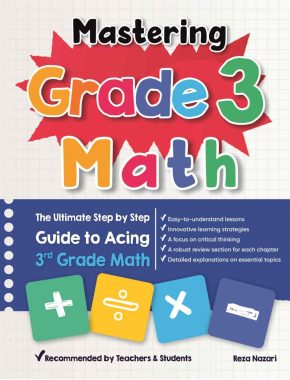
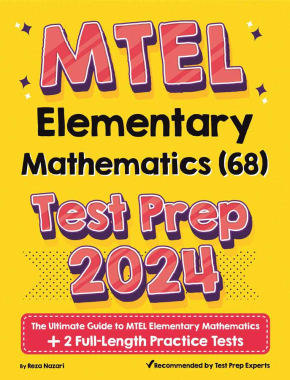

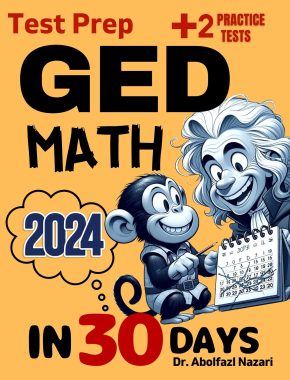

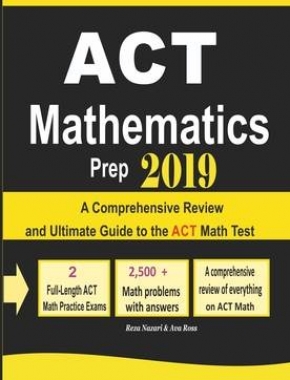
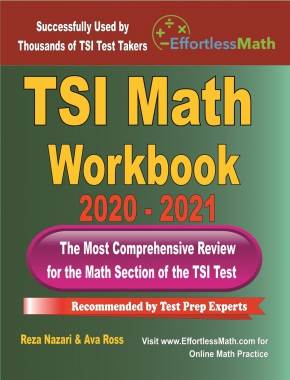
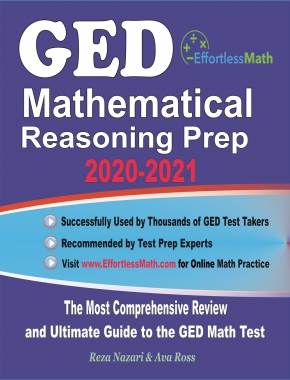
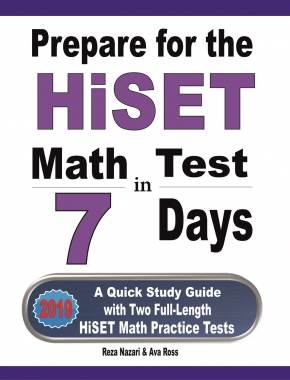
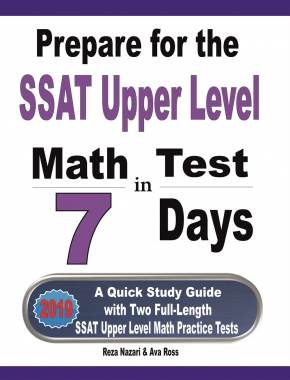
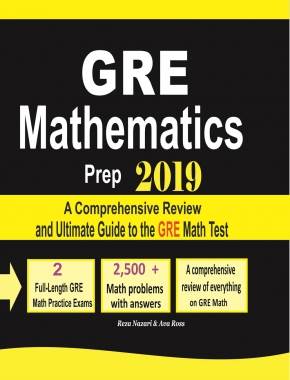
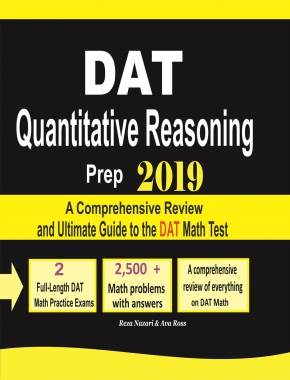
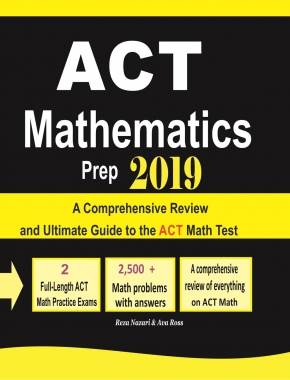
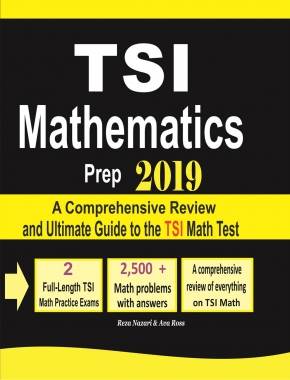
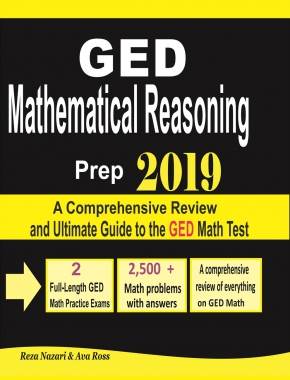












What people say about "Understanding the Integral Test for Series Convergence - Effortless Math: We Help Students Learn to LOVE Mathematics"?
No one replied yet.